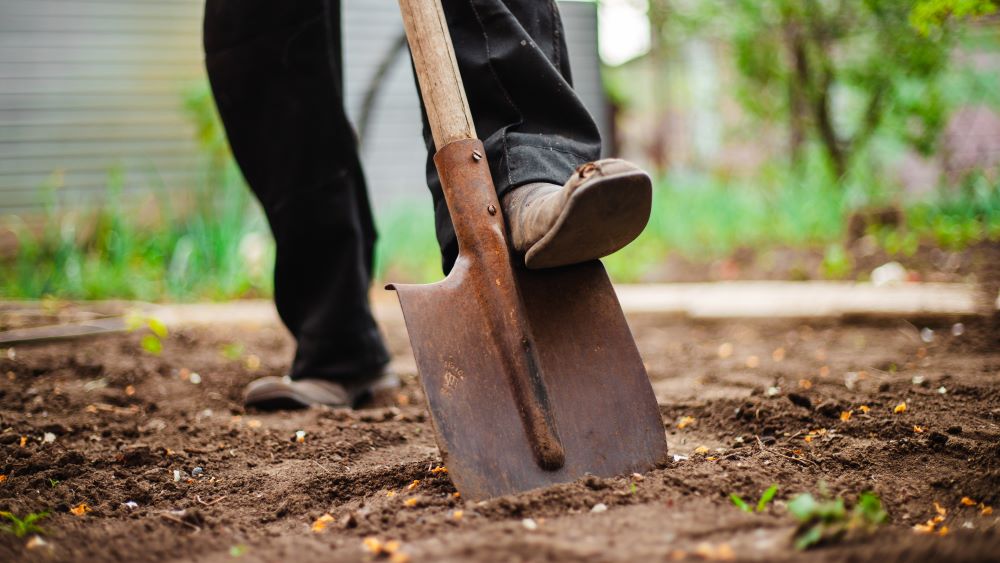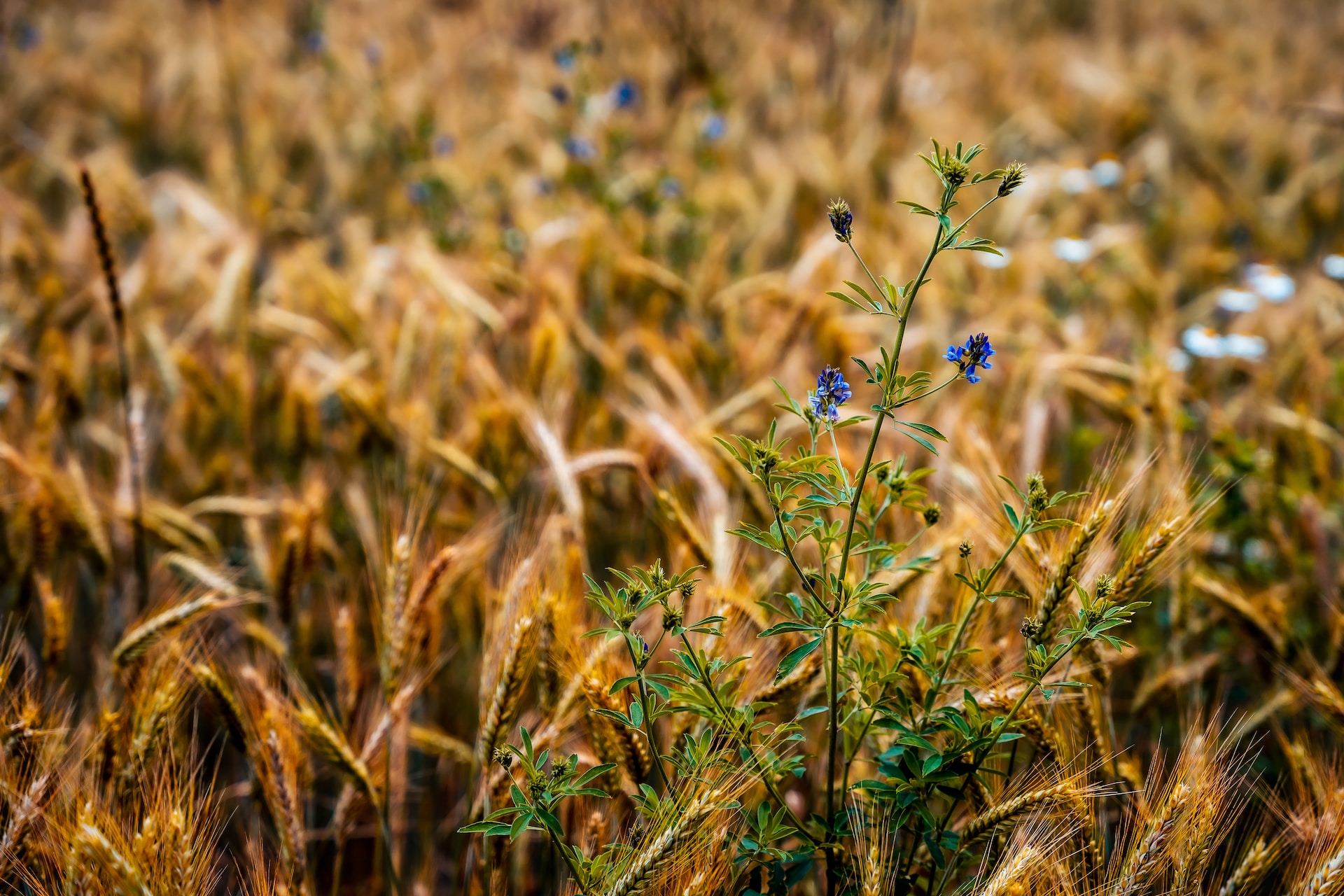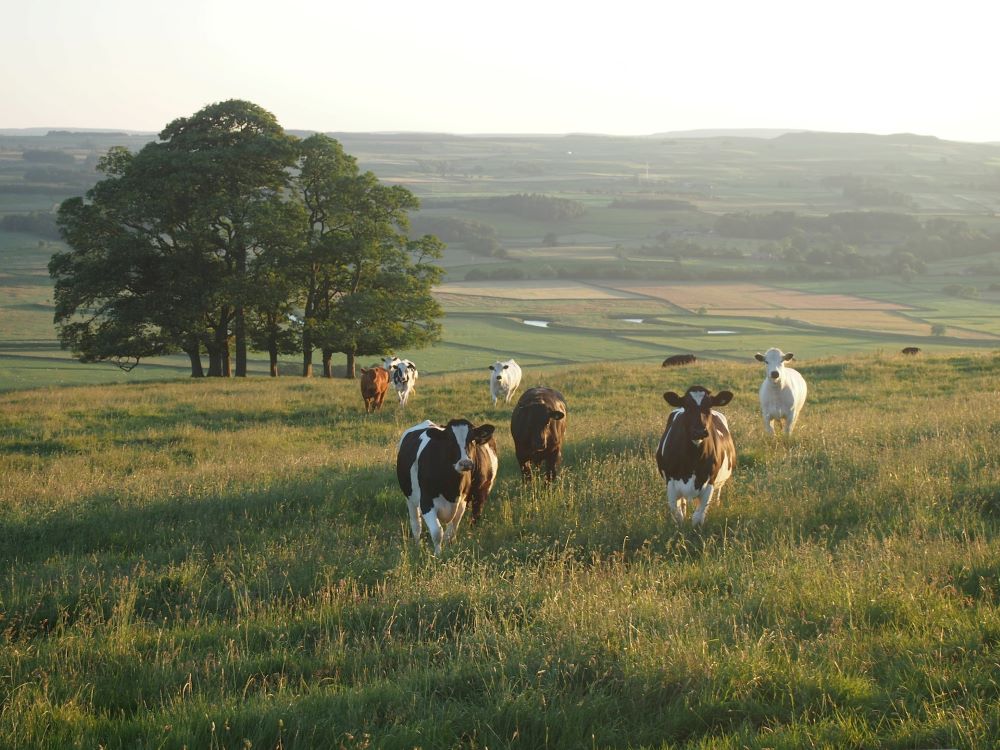
The history of composting is a fascinating journey through time! This nutrient-rich soil amendment does more than recycle organic waste; it breathes life back into depleted soils and enhances overall soil health.
Early man used decomposed organic matter to improve the soil, and farming populations around the world used natural fertilizers like manure and compost.
This first part of the story of composting stretches from ancient Stone Age farmers to America's Founding Fathers like George Washington and Thomas Jefferson, who were early advocates of this eco-friendly practice. By exploring these historical roots, we gain a deeper appreciation for the relationship between composting and sustainable agriculture—a relationship that continues to evolve and is more relevant today than ever.
The Ancient Roots of Composting
The practice of enriching soil with compost is not new; it's an ancient practice that goes back to at least the Stone Age. Archaeological evidence shows that around 5,000 BC, ancient farmers in Scotland were already using simple composting techniques. They improved their soil by mixing manure and household waste directly into their fields.
The first written mention of composting comes from Mesopotamia, in an area that's now part of modern-day Iraq. Around 2300 B.C., the Akkadians kept records on clay tablets, some of which are believed to contain the earliest written references to composting!
The practice of composting was not limited to Mesopotamia. In the Mediterranean, farmers in Greece and Italy were recycling agricultural waste to enrich different parts of their farms. Ancient texts from China and India indicate that using manure and other organic materials to improve soil was common there too. Across the ocean in the Americas, indigenous communities used readily available resources like fish, fish waste, manure, and plant material to fertilize their crops.
Composting has deep roots that span continents and cultures. It's a time-tested method for enriching soil!

Founding Fathers and Compost Experiments
The Founding Fathers understood the importance of soil fertility and the benefits of composting. George Washington, Revolutionary General and President, was also a composter! He wrote about the value of compost and even built a manure shed to store that material on his farm. Washington corresponded with Arthur Young, an English publisher, discussing composting techniques.
Modern composters know the importance of balancing carbon and nitrogen in their compost heaps, but colonial farmers like Washington and Young were still figuring it out. Both wanted to perfect their composting methods, and Young publicly shared his trials and errors in 1779.
Thomas Jefferson, another Founding Father and President, was also a composter. Thomas Jefferson and George Washington frequently wrote to each other about farming.
Jefferson noticed that newly cleared land didn’t require fertilization due to its natural fertility. He observed that newly cleared land was naturally fertile but realized that this fertility waned after years of farming. This led him to understand the importance of fertilization to maintain soil health. He used cattle in his fields to take advantage of their manure, recognizing it as a valuable resource for restoring soil fertility.

While the methods have evolved and our understanding of the science has deepened, the core principle remains the same: composting is an invaluable way to recycle organic waste, enrich our soils, and contribute to a more sustainable world.
The next time you throw your kitchen scraps into a compost bin, remember that you're participating in a practice that has stood the test of time, crossing continents and cultures. You're contributing to a legacy of sustainability that's more important today than ever.
